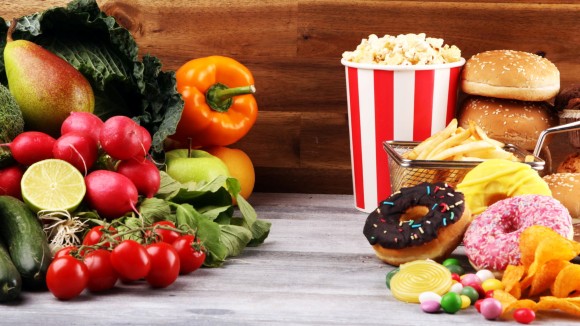Lijing Ke, PhD, University of Leeds, UK

Lijing Ke is a Professor at the University of Leeds. Prior to moving to Leeds, he spent 10 years working at the School of Food Science and Biotechnology, Zhejiang Gongshang University (China), after he obtained a PhD in Biochemistry and Biophysics in 2011 from the University of Edinburgh. His current research interests are to explore the nature and evolution of nanostructures in typical processed foods, to gain detailed insights on the fate of food nanostructures in alimentary tract including interactions with macromolecules and vesicles, and to design and develop multi-purpose and plant-based nano-assemblies consolidating redox and immune regulatory capacities for promoting food safety, nutrition security and human/animal health.

